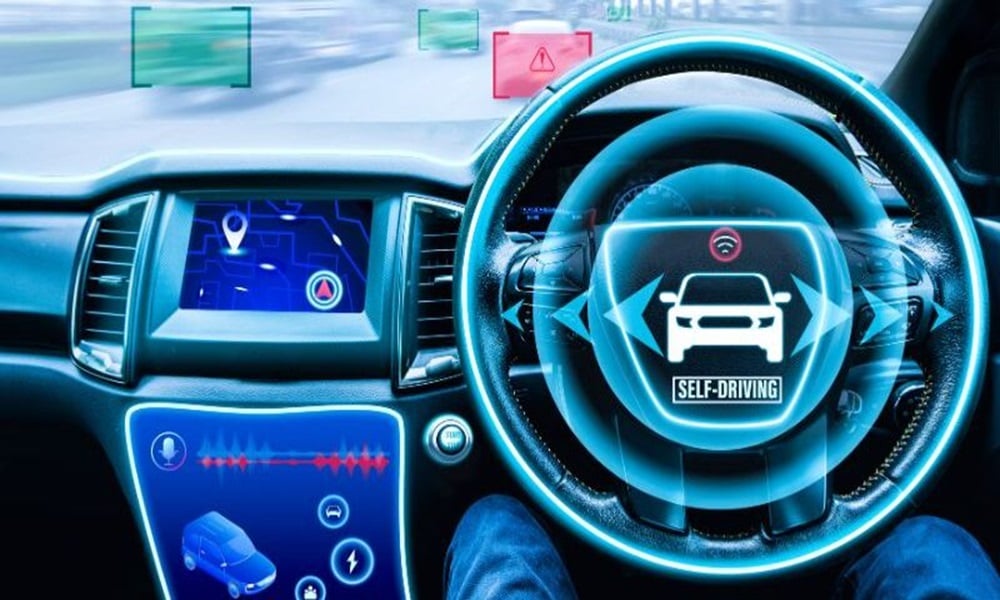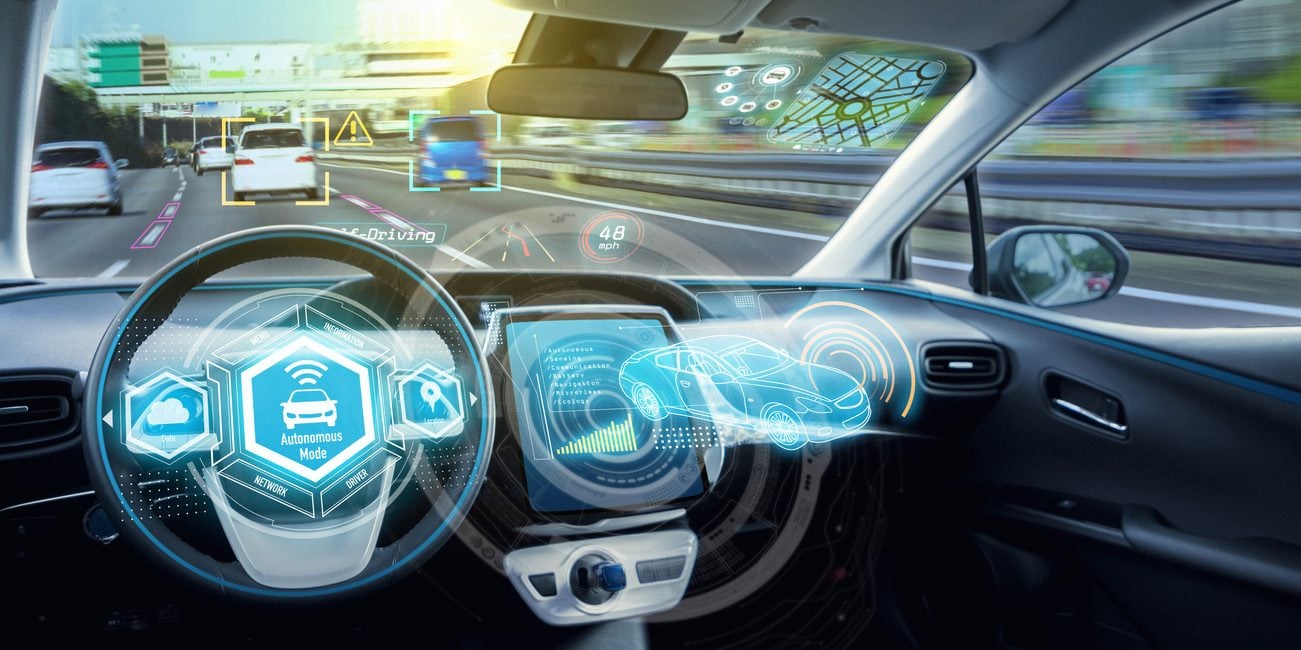A Bhopal startup CEO named Sanjeev Sharma recently gained attention after Mahindra Group Chairman Anand Mahindra shared a video showcasing a modified Bolero SUV with self-driving capabilities navigating the busy streets of Bhopal. Sharma is the brains behind this transformation at Swaayatt Robots and he asserted that his company is already a contender against Elon Musk’s Tesla.

In an interview with News18, Sharma confidently stated that his startup is on par with Tesla which indicating that with adequate funding and resources, they could achieve their goal of solving the automation challenge by the year’s end. While experts suggest fully autonomous cars are still a decade away, Sharma believes his technology is ready to navigate Indian traffic accurately.
Sharma’s journey began during his days at IIT Roorkee when he stumbled upon MIT videos for the DARPA Urban Challenge, igniting his passion for autonomous driving. With a strong mathematical background cultivated through experiences at various prestigious institutions globally, including Israel and the University of Alberta, Sharma founded Swaayatt Robots in 2015 upon returning to India.
The recent Bolero testing marked their 80th attempt, demonstrating their commitment to rigorous testing and development. Sharma emphasized their focus on fundamental research, leveraging reinforcement learning to redefine autonomous navigation.
One of Swaayatt Robots’ achievements lies in integrating autonomous technology into diverse vehicles, notably the Mahindra Bolero SUV. Sharma highlighted their capability to automate any vehicle globally, asserting, “If we can run an automated car in India, then we can run it anywhere.”
Regarding off-road and on-road driving, obstacle avoidance, and high-speed traffic management, Sharma asserted Swaayatt Robots’ capabilities. He emphasized their leadership in both on and off-road autonomous driving, achieved with just $3 million funding received in 2021.
Sharma acknowledged that scaling up their technology requires additional funding. With an investment of around $15 million, he believes they can expand their presence and accelerate the development of their autonomous navigation solutions.

